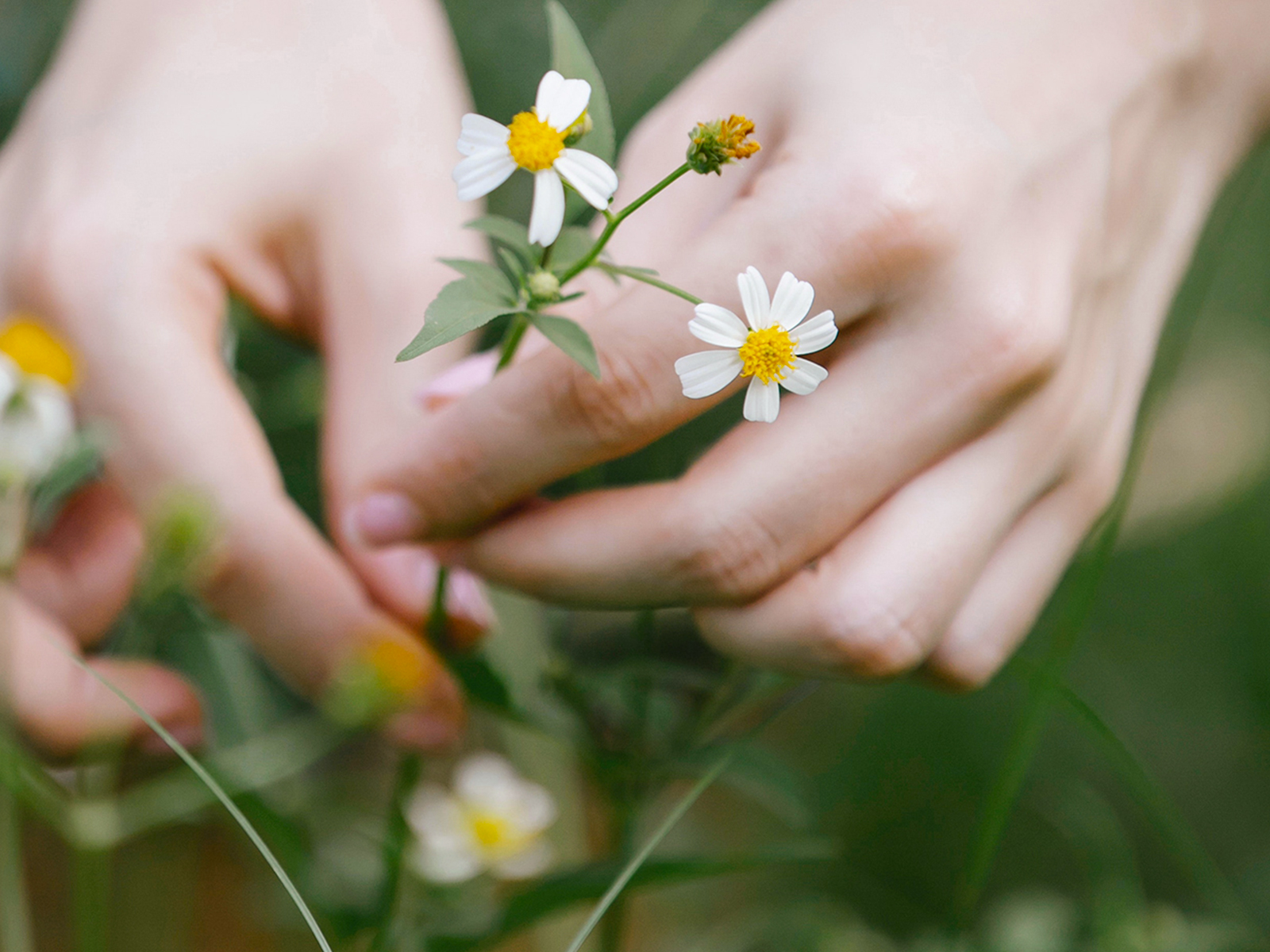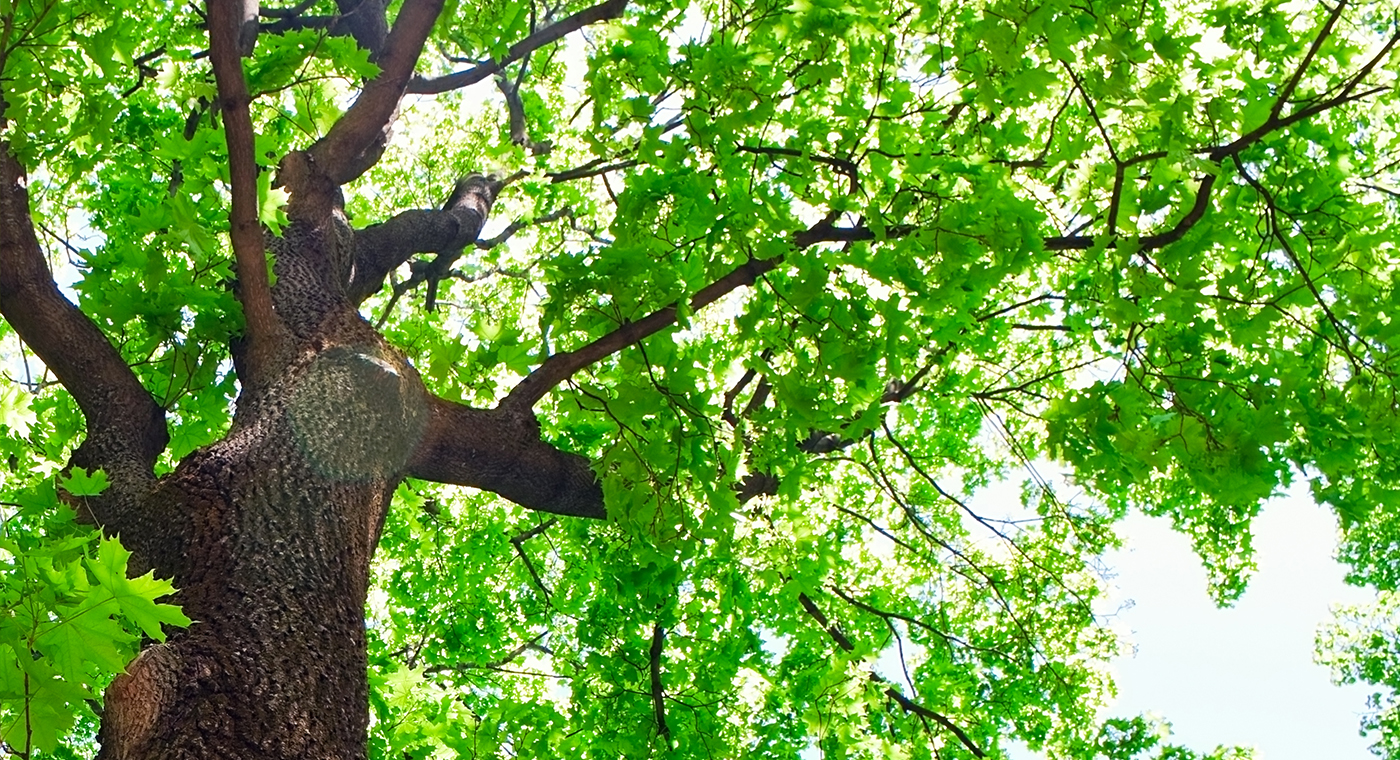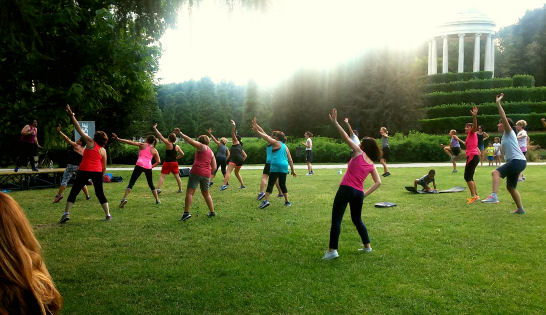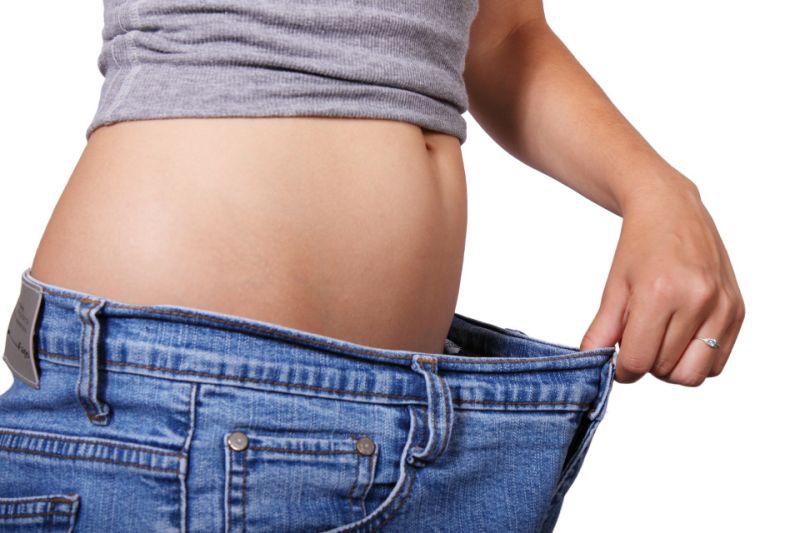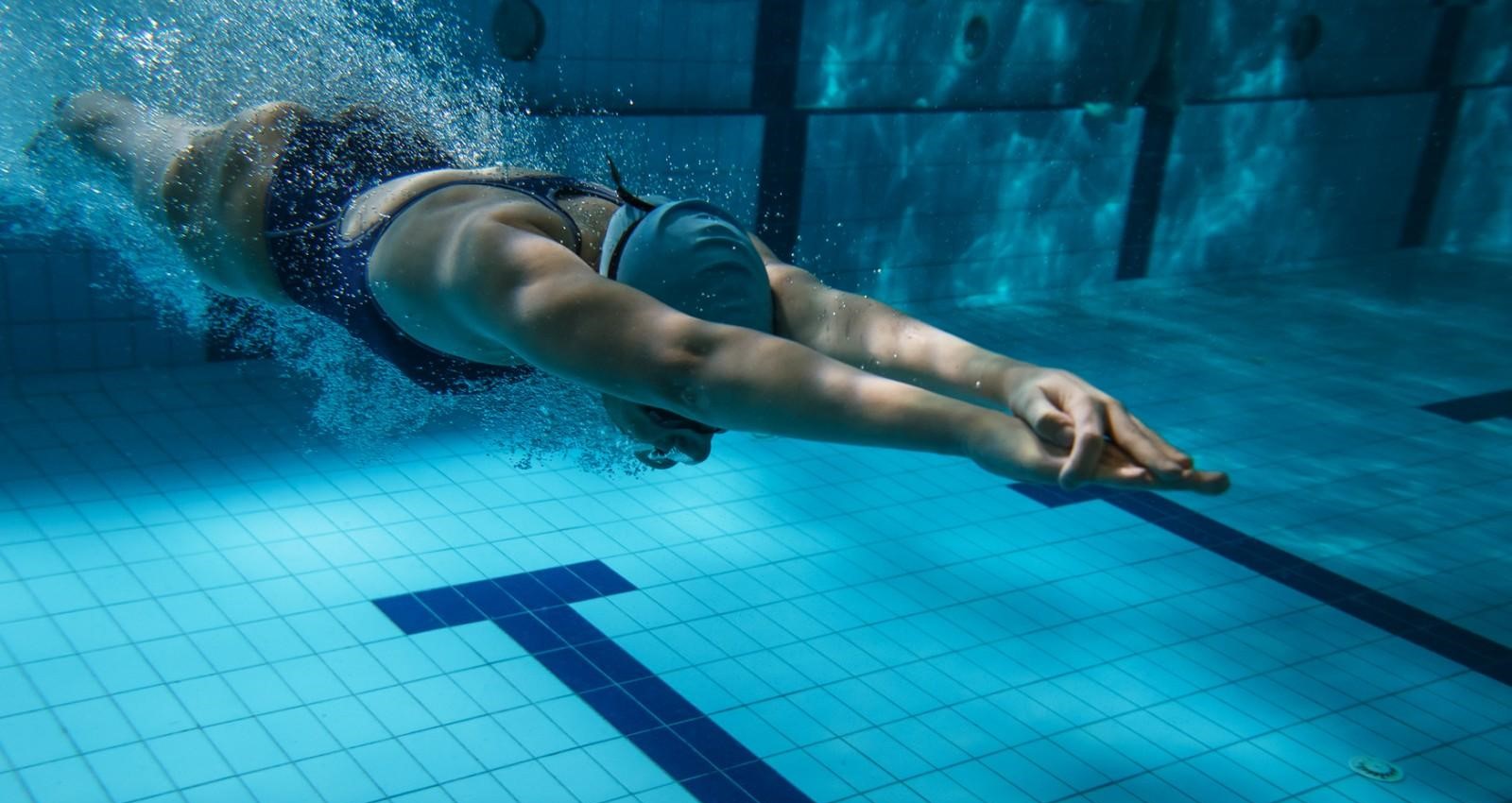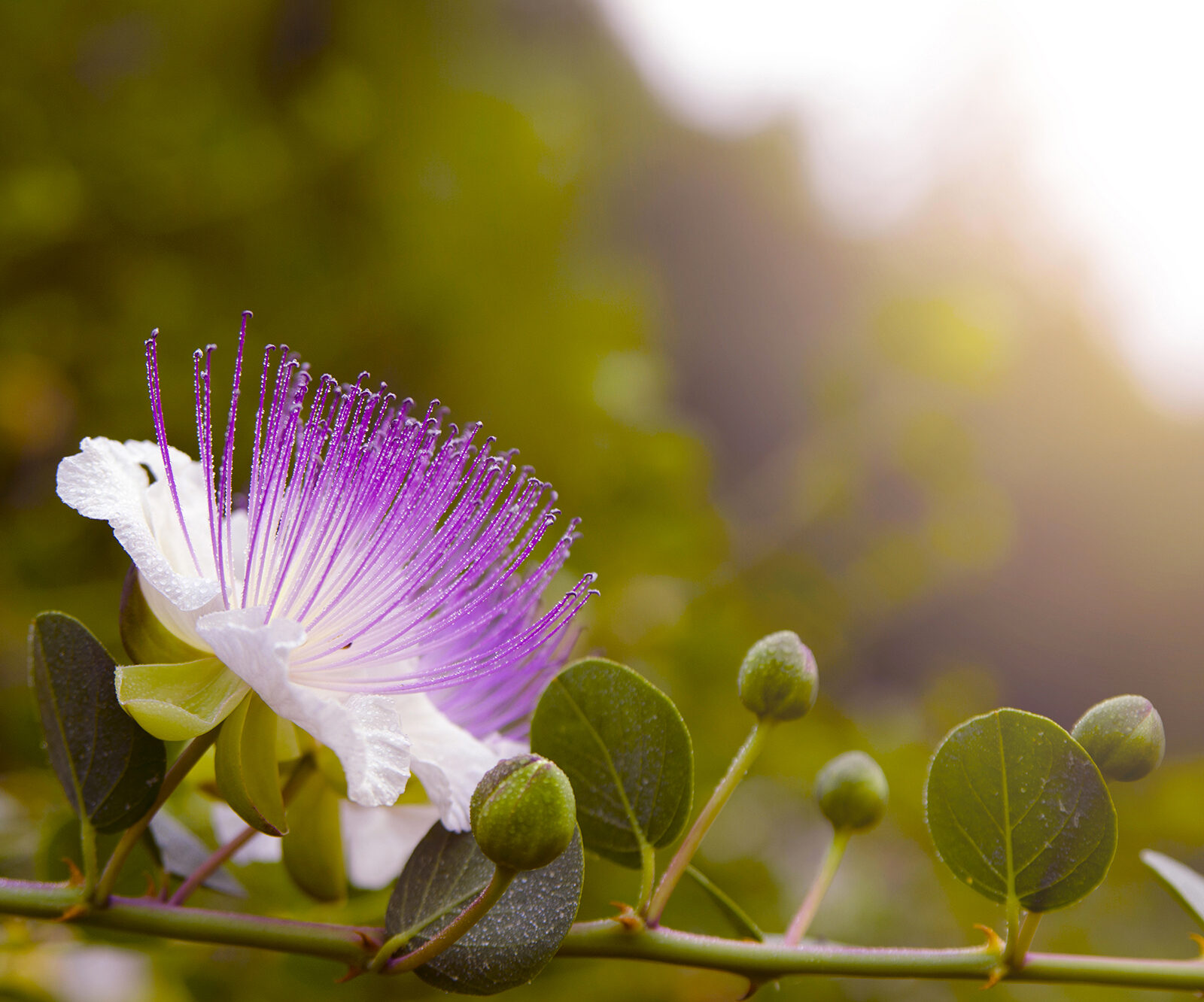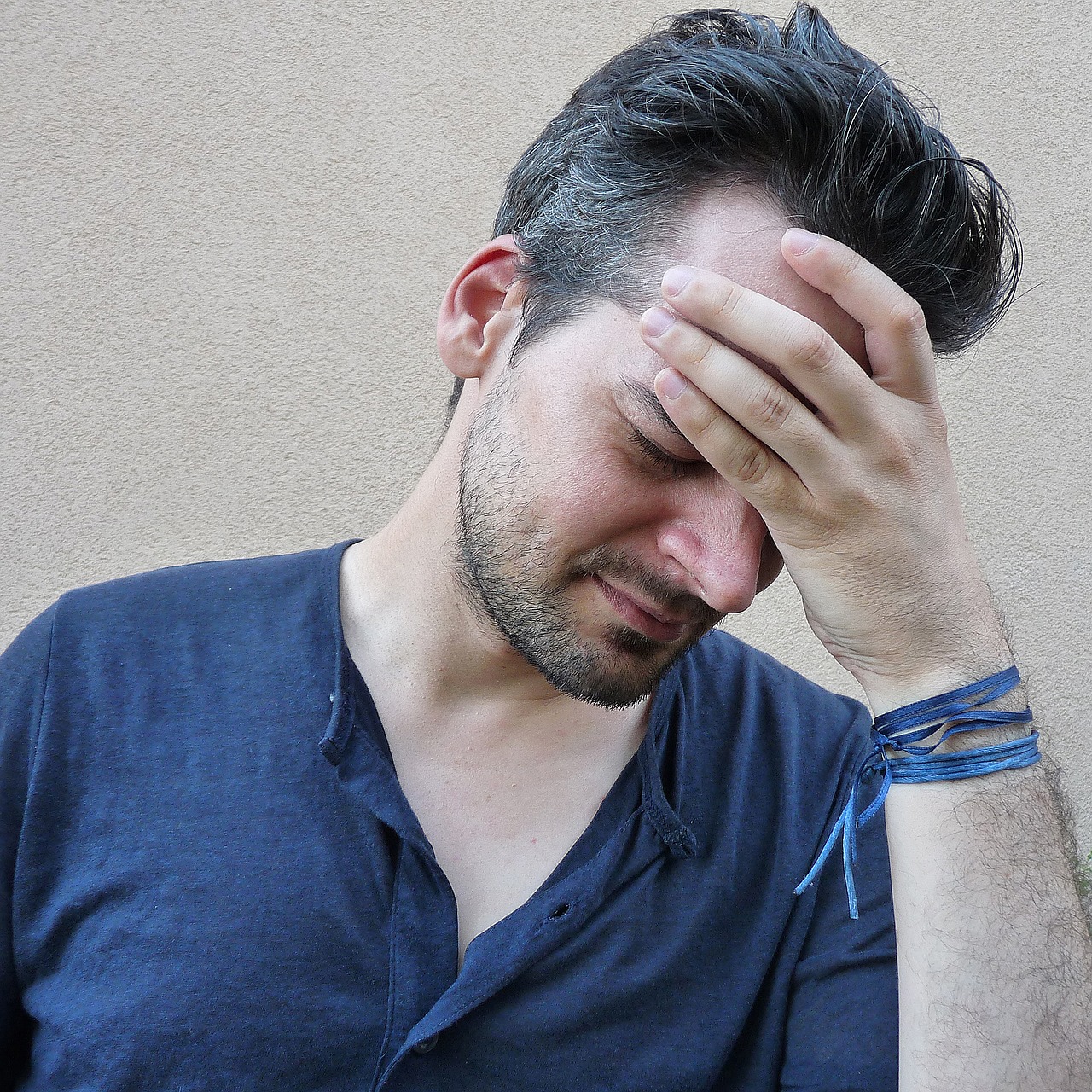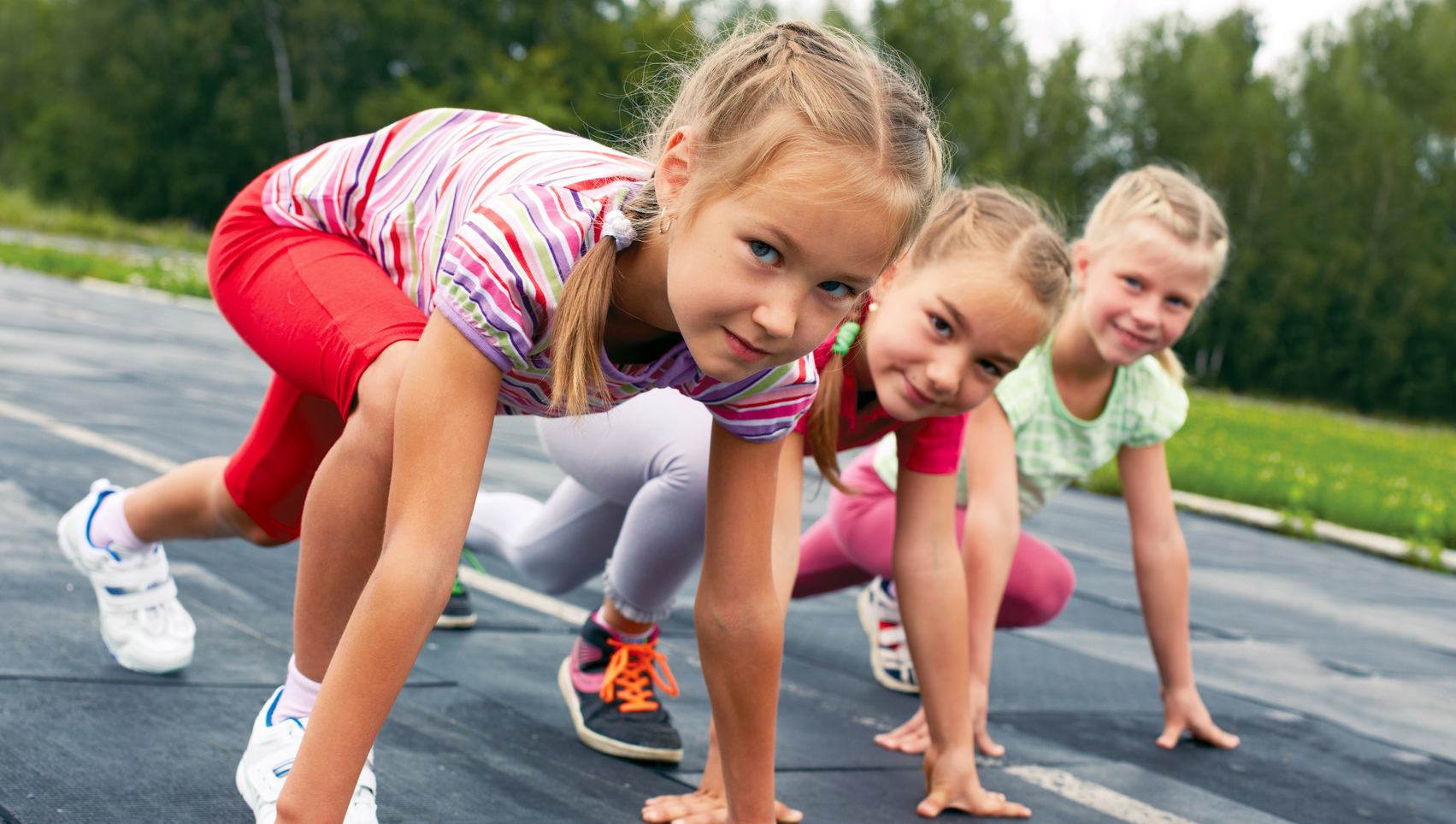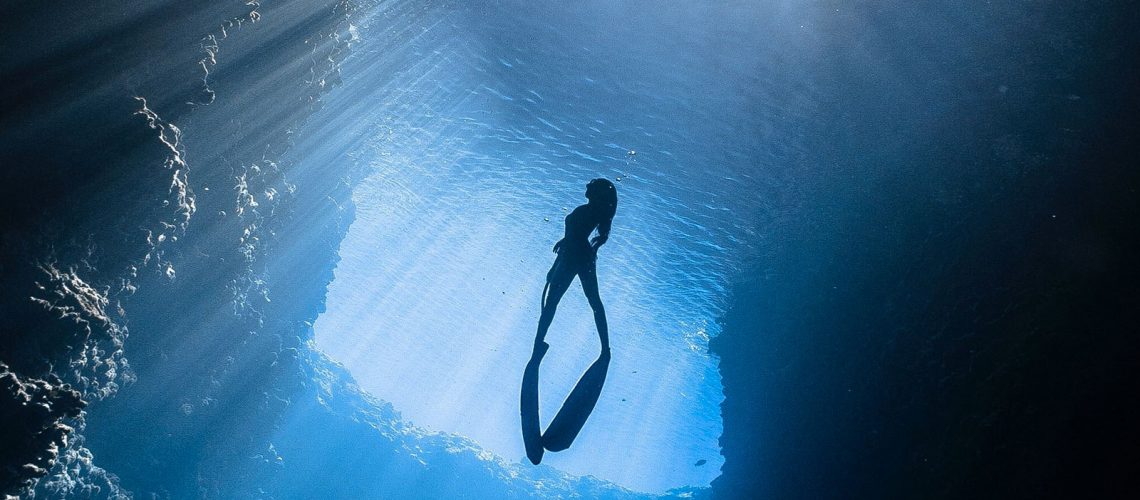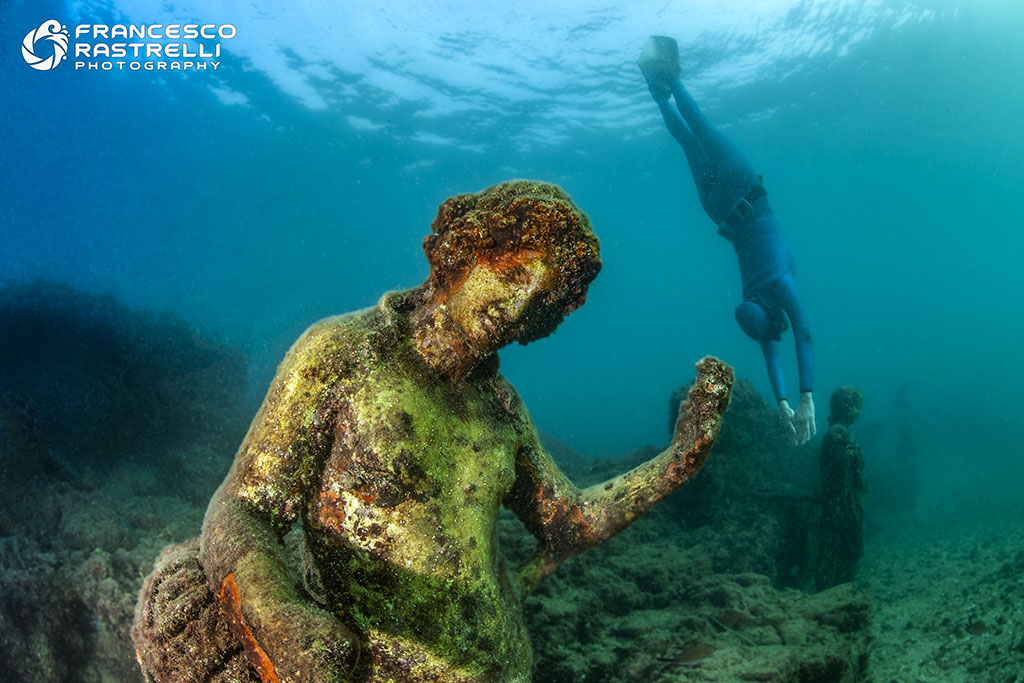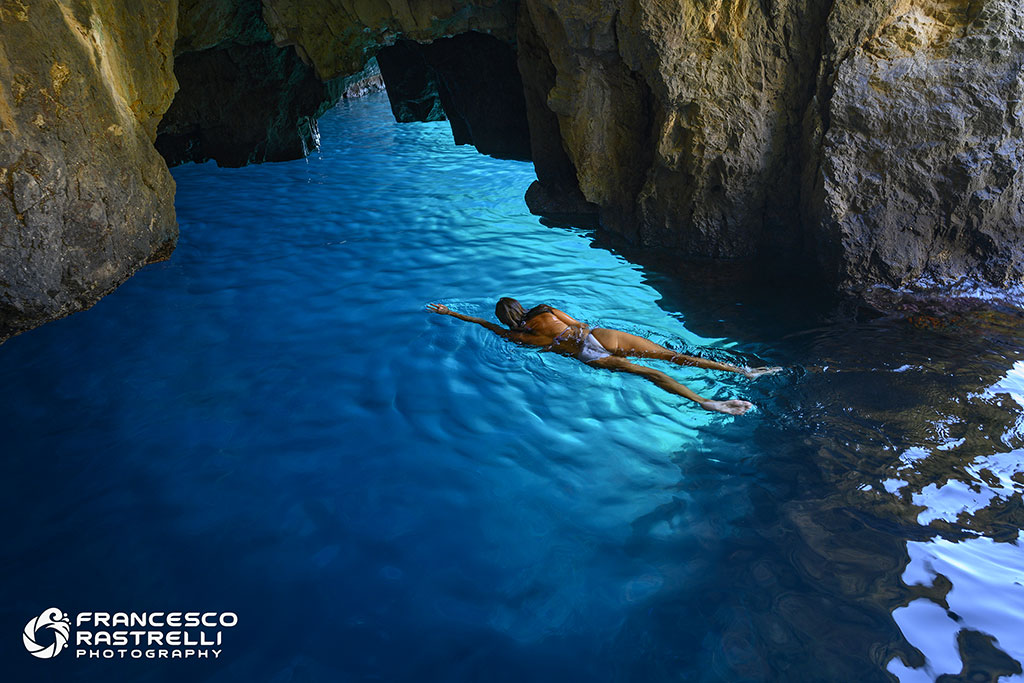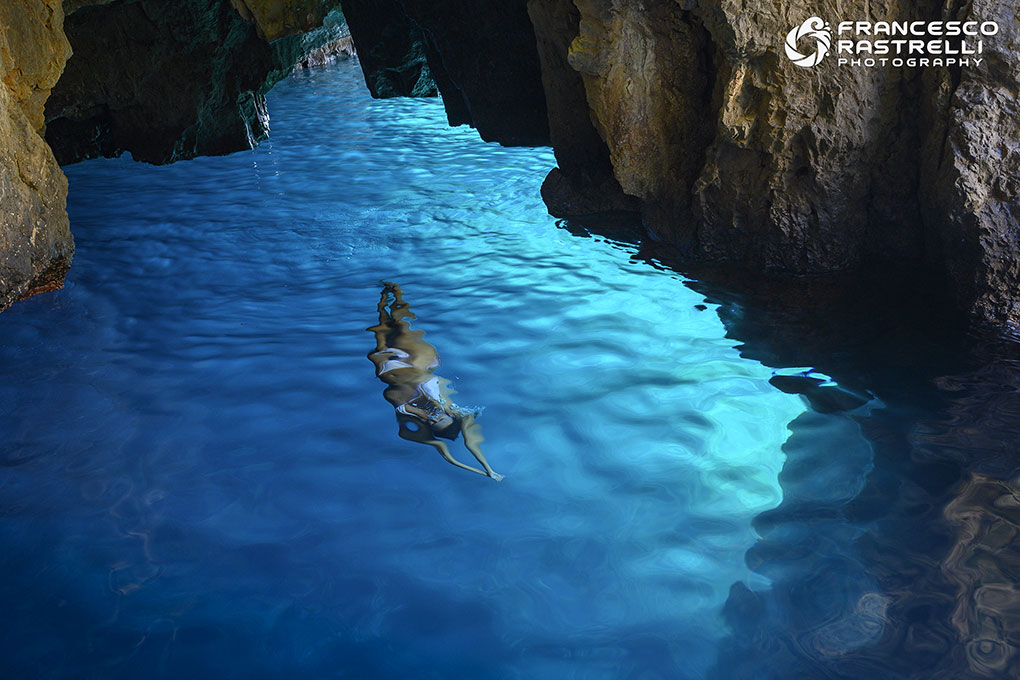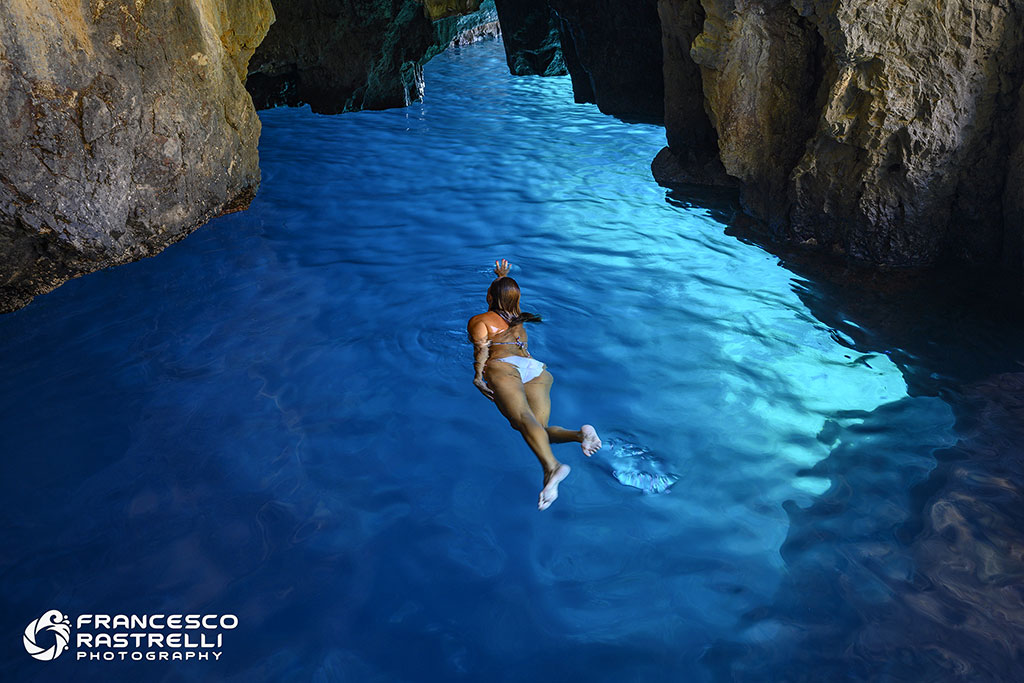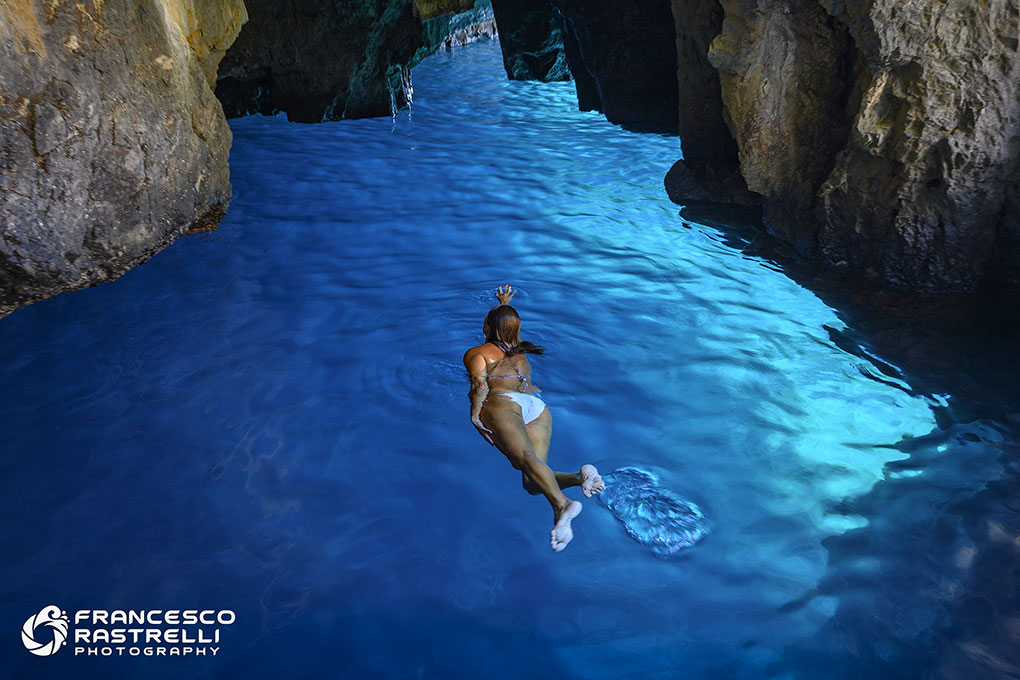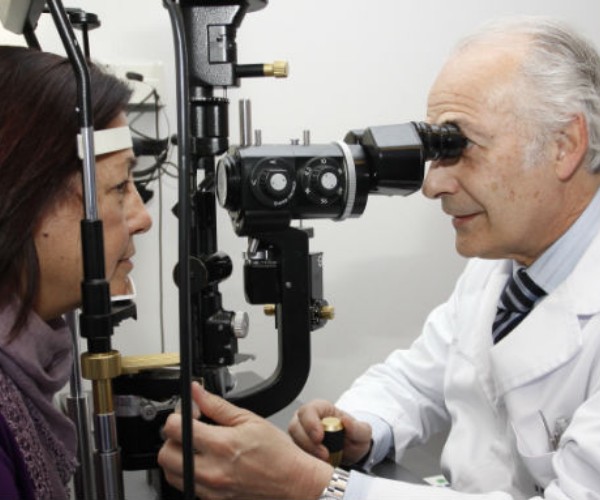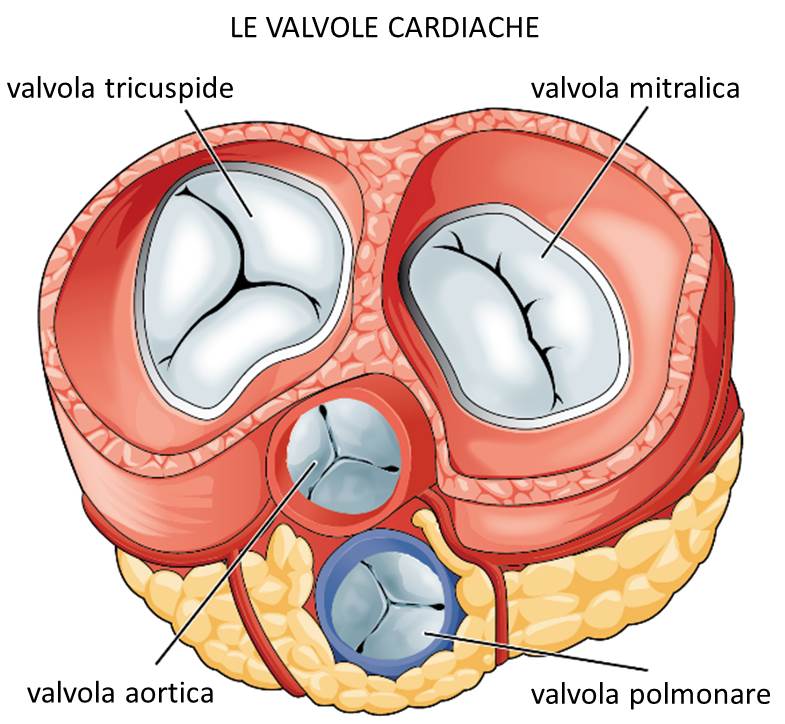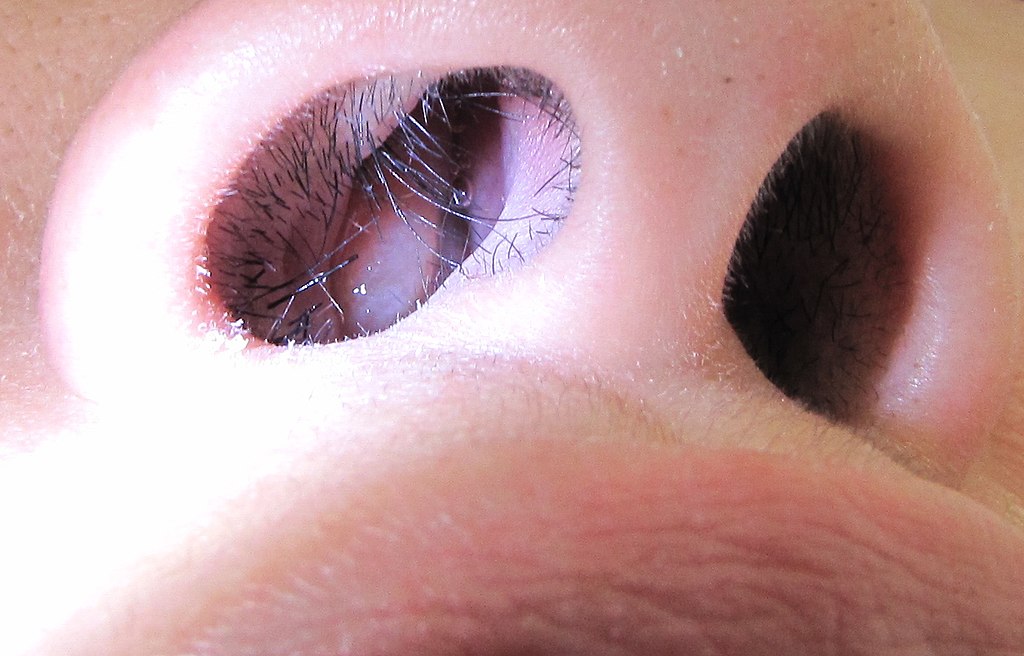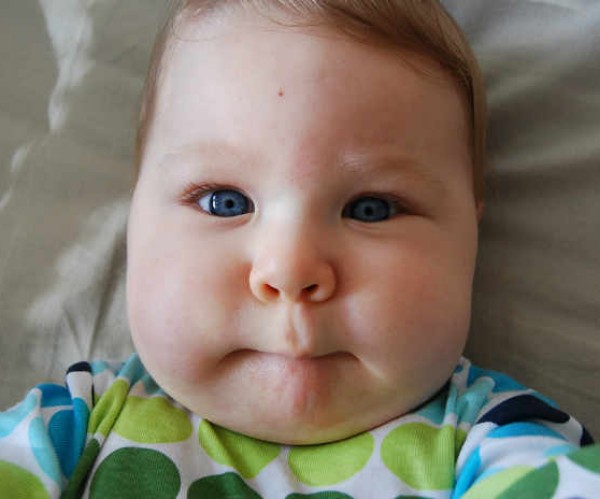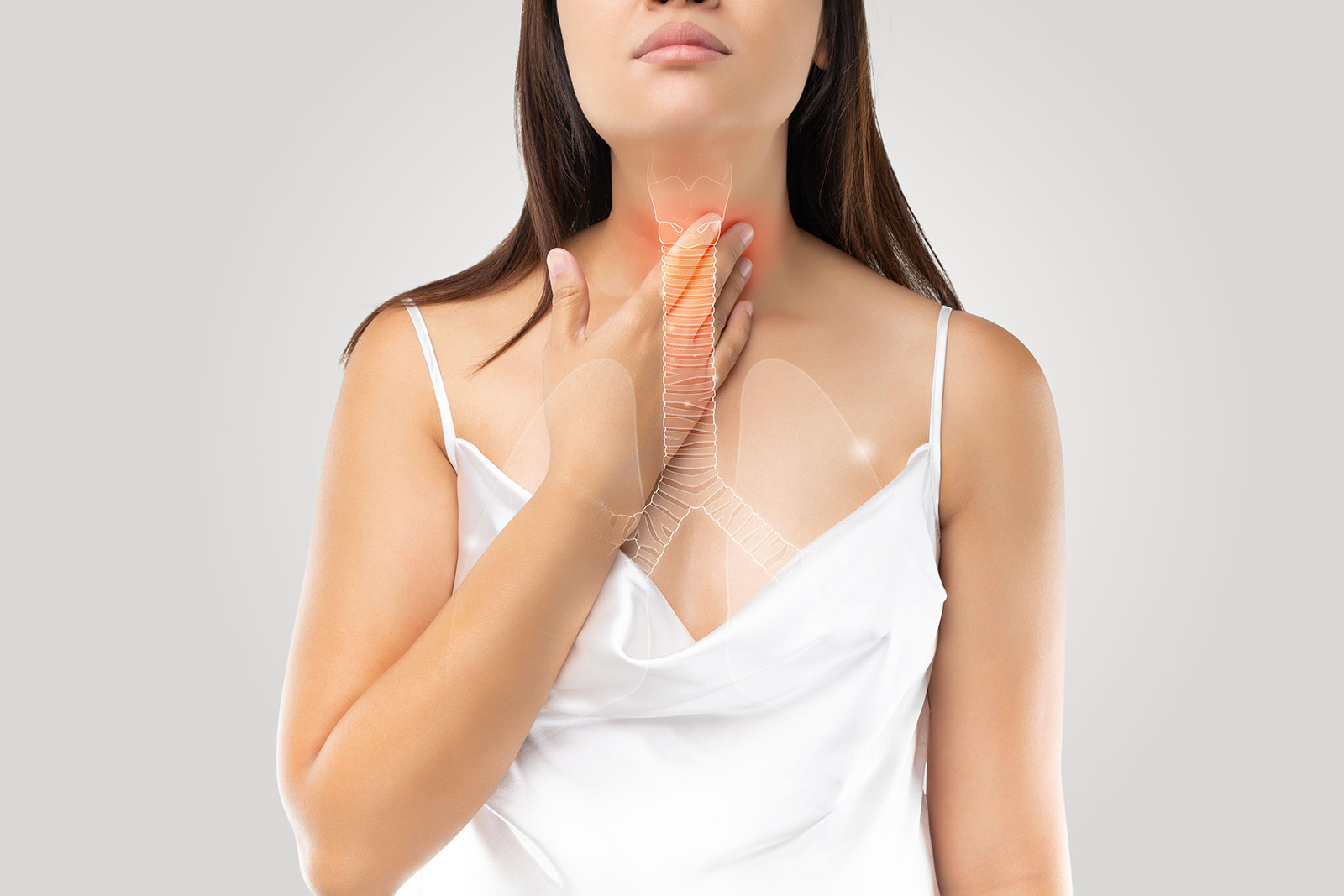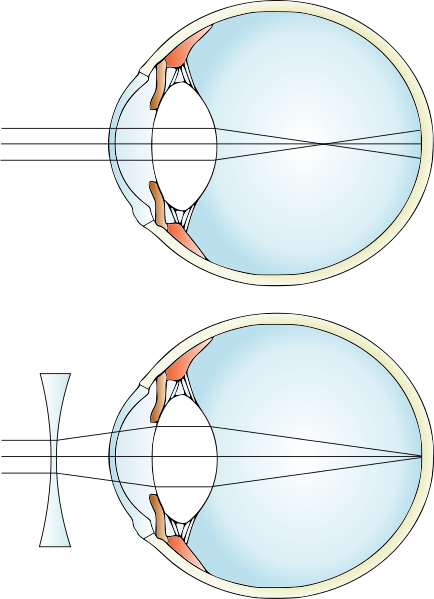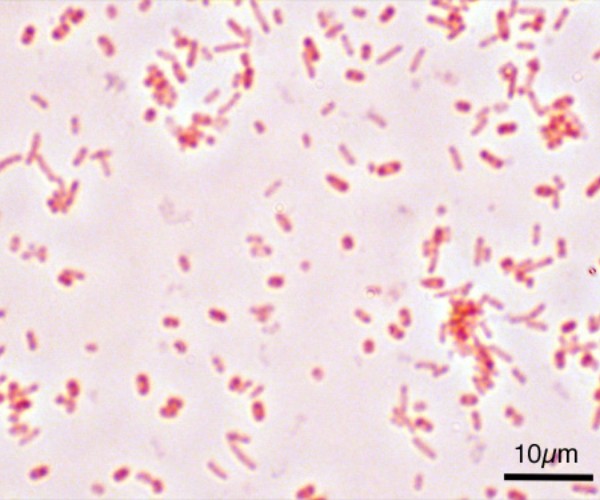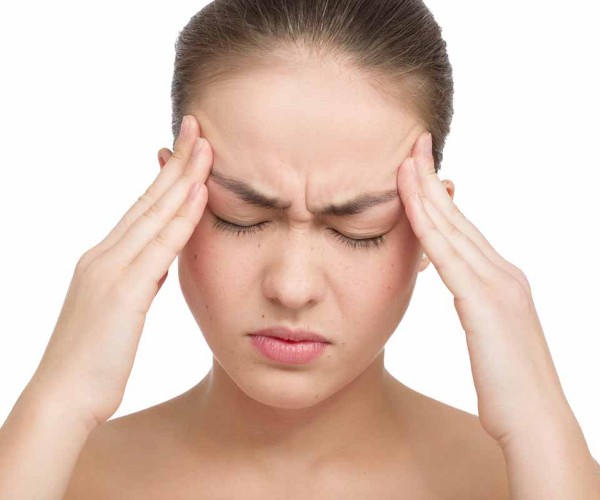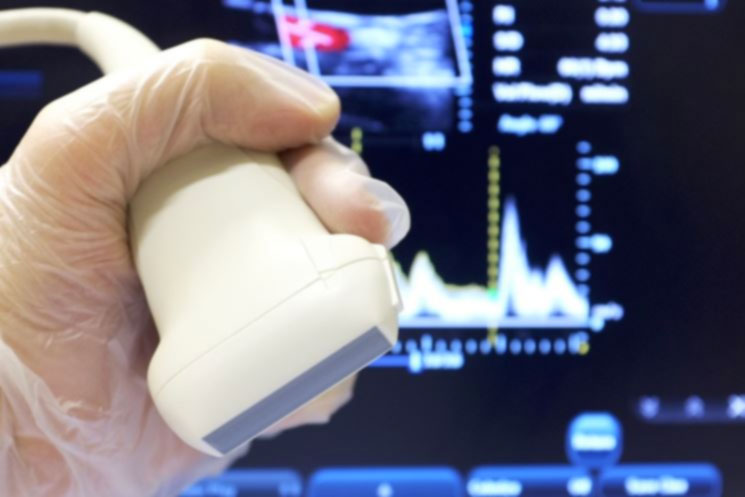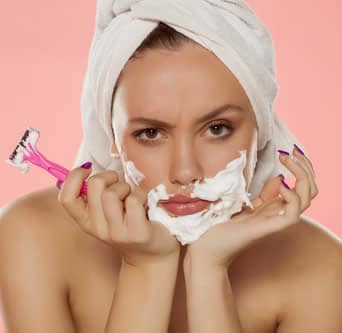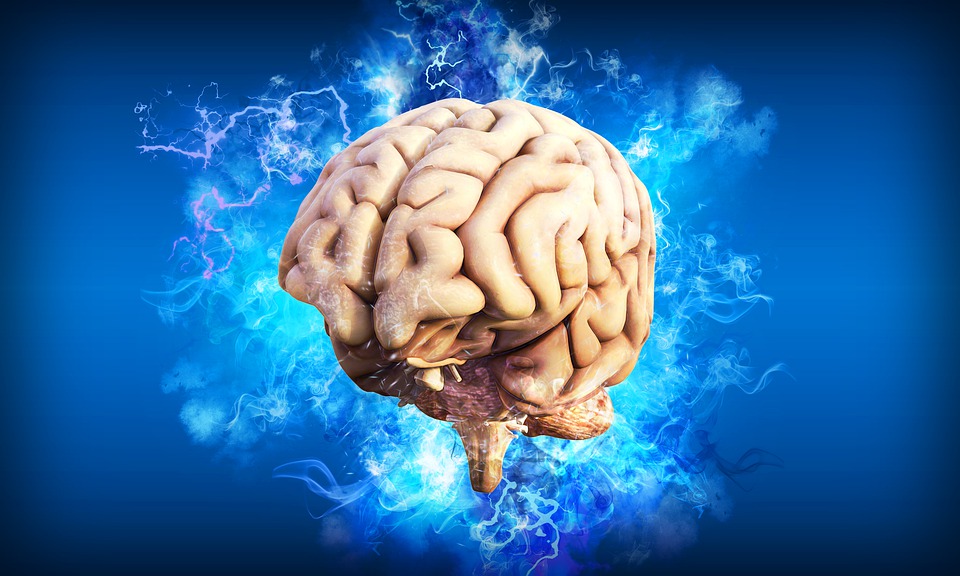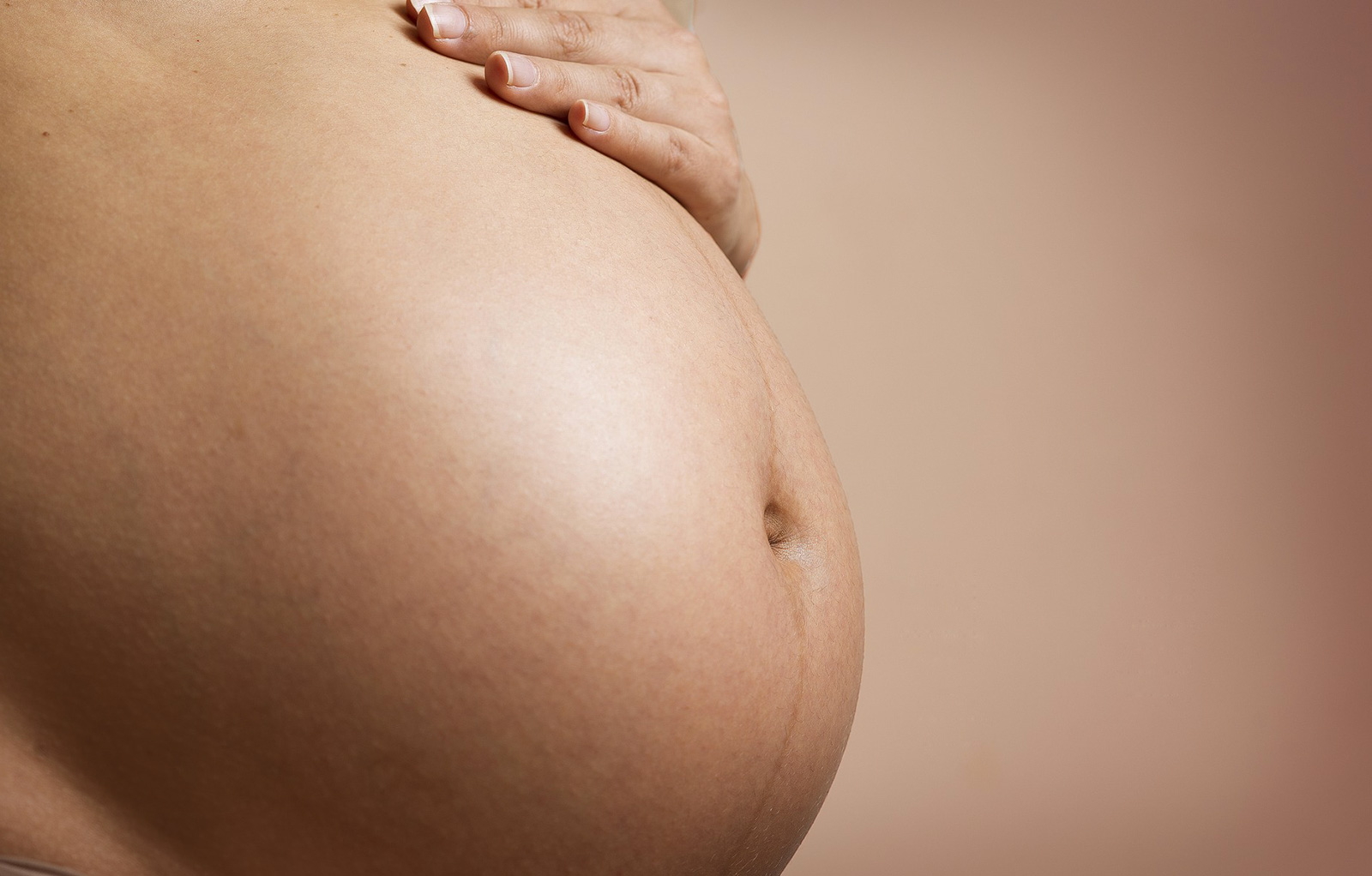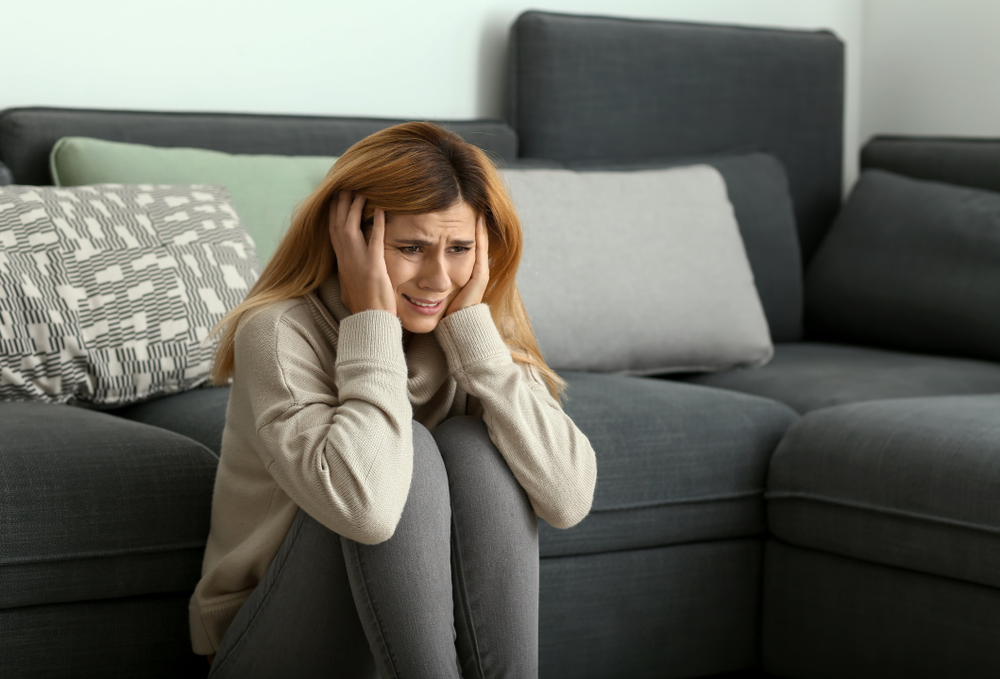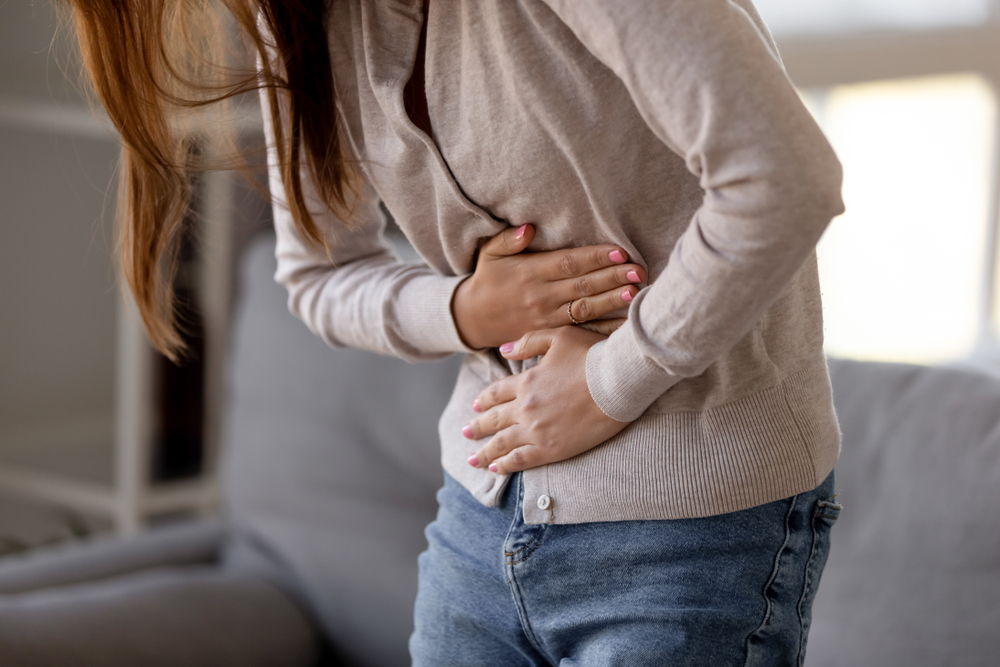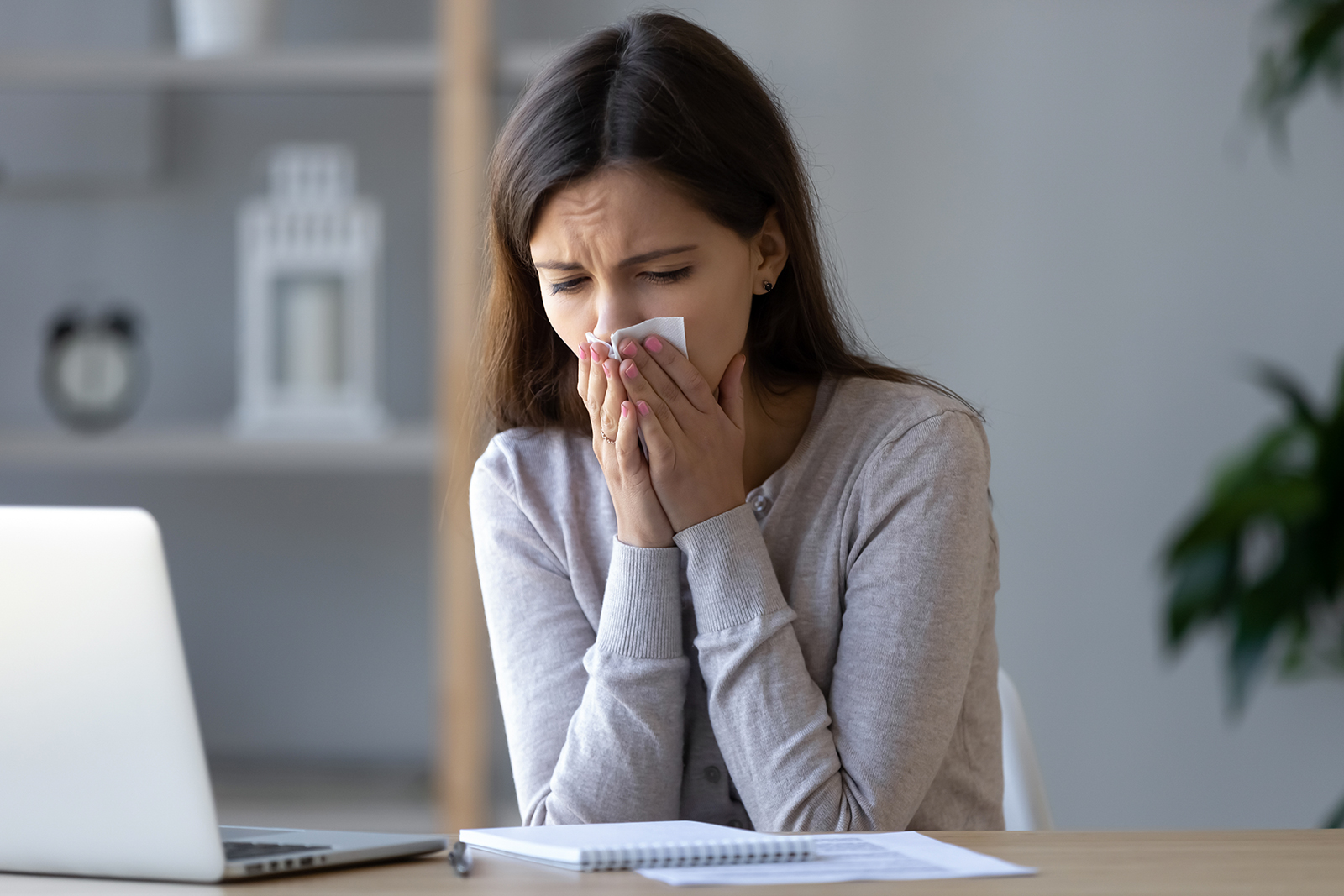Apnea is a discipline that greatly helps us to know ourselves and whose purpose is to savor sensations of pleasure and well-being in the water.
Many factors can create states of anxiety and stress, perhaps our physical condition, which we know is suboptimal, or mental ones, such as the fact that we have worries that plague us and negative thoughts that do not leave us alone. We also dive, using some equipment, which might cause us discomfort or discomfort: a wetsuit that is too hard and makes us feel uncomfortable or into which water gets in, a mask that fogs up or doesn’t fit properly, a bootie that is too tight or paddles that are too stiff. Let’s also not forget that being at sea, there might be a bit of a wave or an uncomfortable wind, we might be cold or frightened by a strong current, and we might even have two different ones, one running in one direction on the surface, but, as soon as the capsize is done, encounter another one going in the opposite direction. Sometimes stress andanxiety can be caused by the knowledge that we have not yet mastered all the techniques necessary to deal with any situation and emergency.
Going into the water with a favorable and calm frame of mind would be the optimal situation, and that is why thefreediver becomes familiar with relaxation techniques and autogenic training.
The way of life we have developed in the West is as far as we can get from fully conscious movements and actions that manage to make us centered in the present moment: it often seems impossible for us to stop our minds, which are constantly traveling into the future or into the past, continually replaying things we have already experienced or things we should and will have to do.
Initial approaches to relaxation pathways can be guided: we typically follow someone’s voice/command to visualize, for example, the air going in and out of our body, making us observe every detail of it, the points it passes through, the freshness. There could then be a guided path to listening to the noises around us, savoring and enjoying them, without judgment and latching on, perhaps, to something that we hear and gives us pleasure and dwelling on that feeling. We could then carry out a screening of our body, starting from the tips of our toes to the hair: find the contractures and stiffnesses and let them go, loosen them up. We could dwell our attention on the parts where our body is in contact with the floor, the feeling this gives us, and begin to understand whether we are contracted or relaxed. Visualizing scenes and landscapes and lingering on details is extremely relaxing.






One can begin with guided or passive relaxation courses, and then evolve into active relaxation or autogenic training.
Devoting half an hour or even 15 minutes a day to these practices brings benefit not only to apnea, but to our entire lives: try it to believe.
Static apnea, a discipline in which the athlete remains, perfectly relaxed and on his belly below the surface of the water, simply holding his breath, is the emblematic test to make us understand where we are with our relaxation techniques: the fact that the athlete does not have to do anything, but “only” hold his breath puts him exactly in the frame of his states of anxiety and stress and his more or less relaxed condition. He has no meters to walk, no finning, no compensating ears, no need to do anything, just not to breathe, while he will have a mind and a survival instinct that will constantly send him messages to pull his head out of the water and get air. The ability he will have to make his journey out of time, to take his mind away from where he is, to estrange himself and find the solution that suits him best to “make time pass,” without ever thinking about it, becomes a subjective path, hooked at times on favorite noises, sounds or images, favorite song, the most beautiful scenes from our most beloved movie or our life, and that will lead him more and more and with training to lengthen his apnea times.
The mind trains as much and more than the body.
by Mariafelicia Carraturo
www.feliciacarraturo.it



